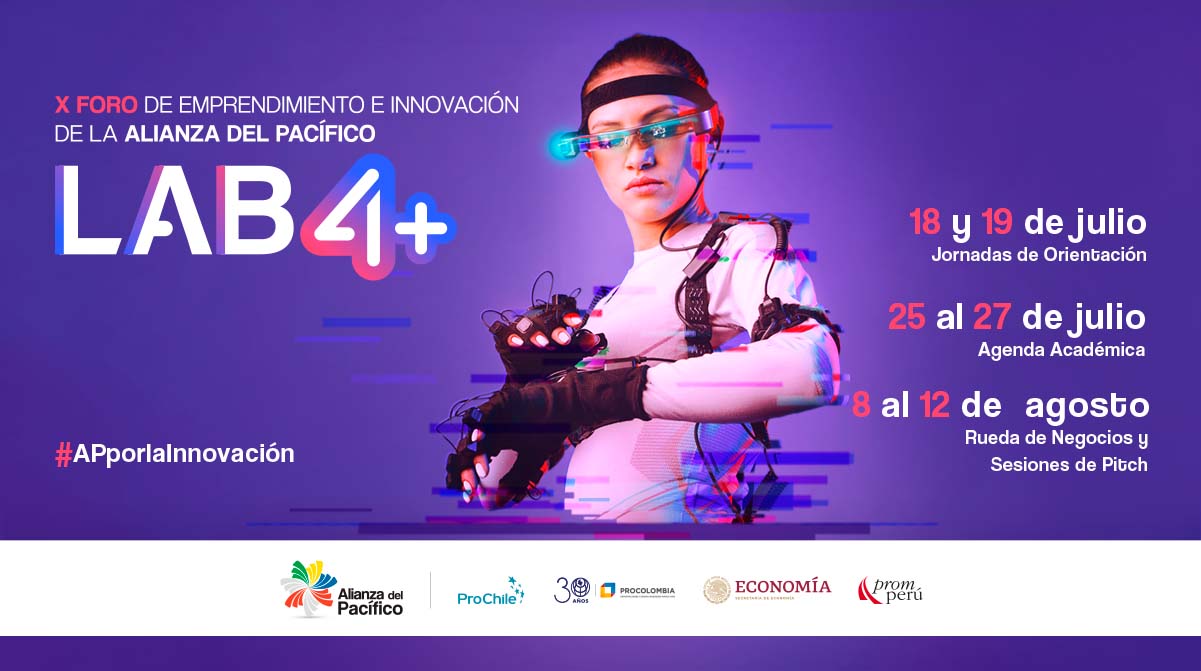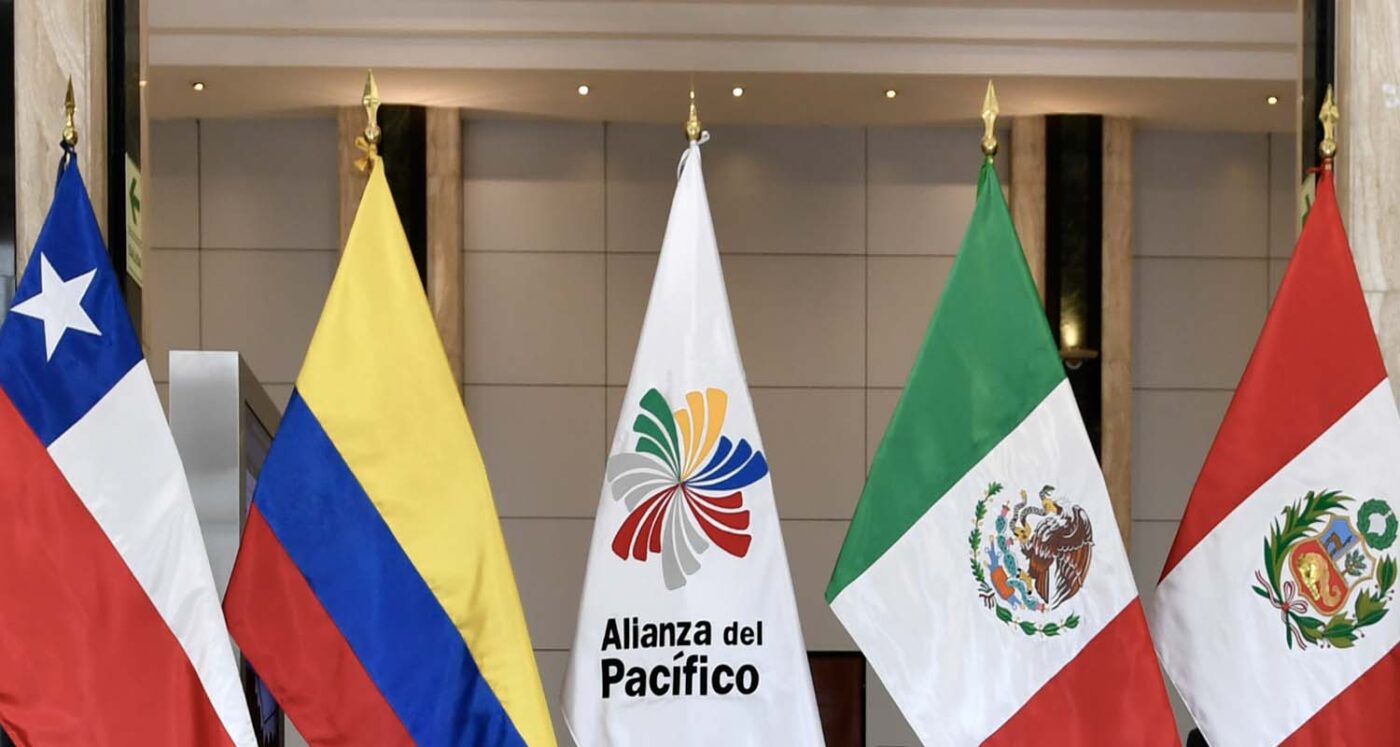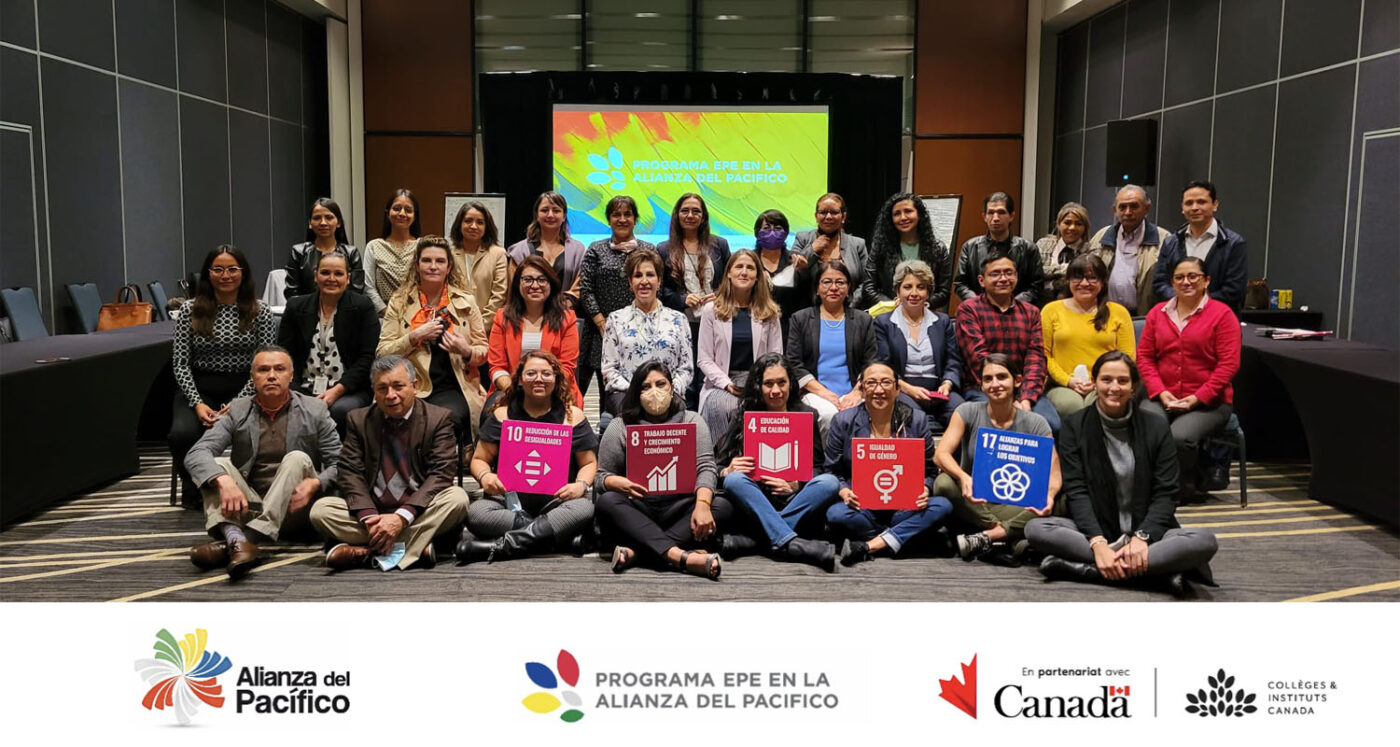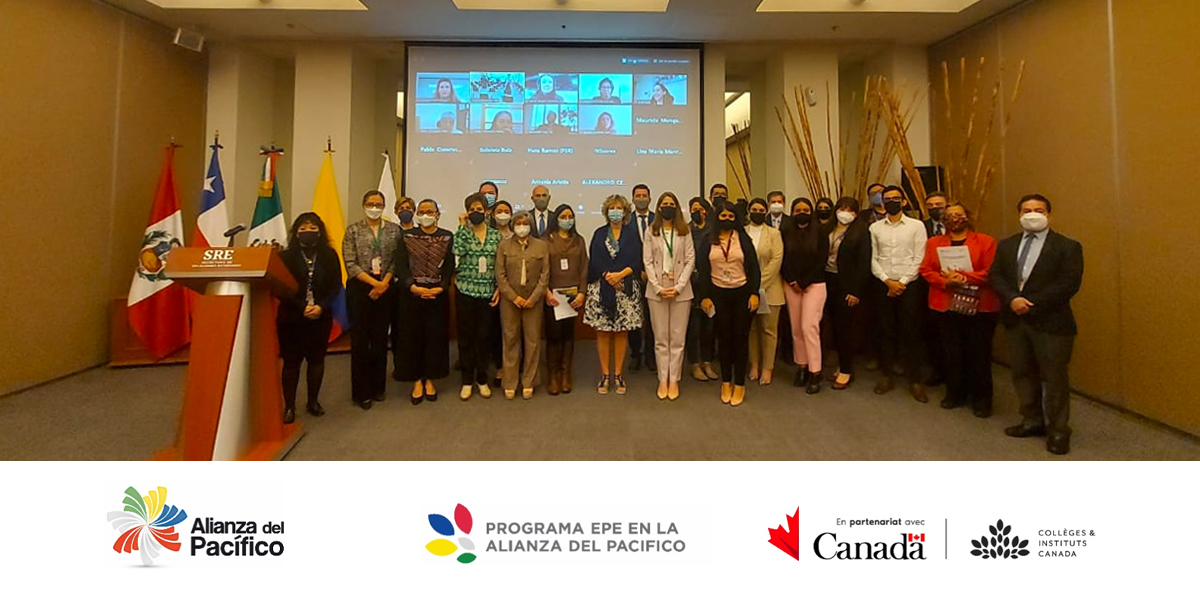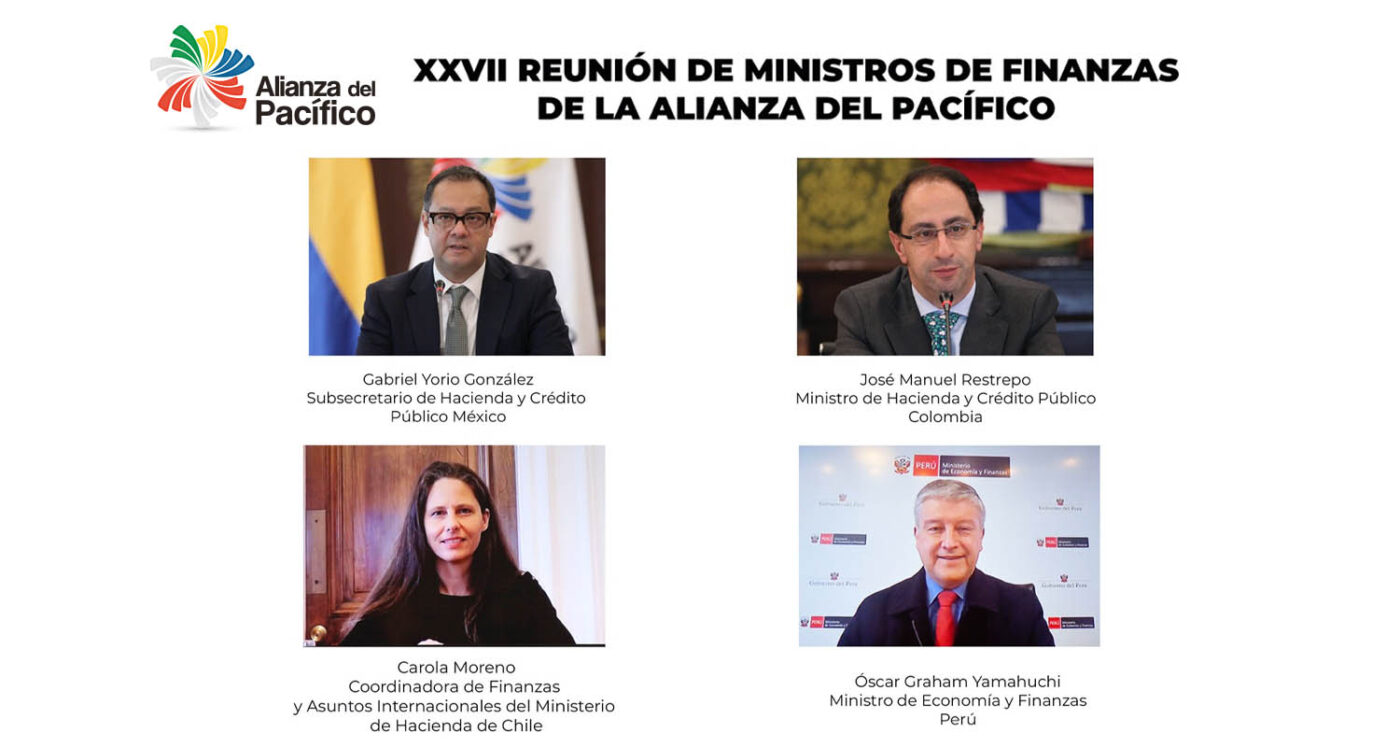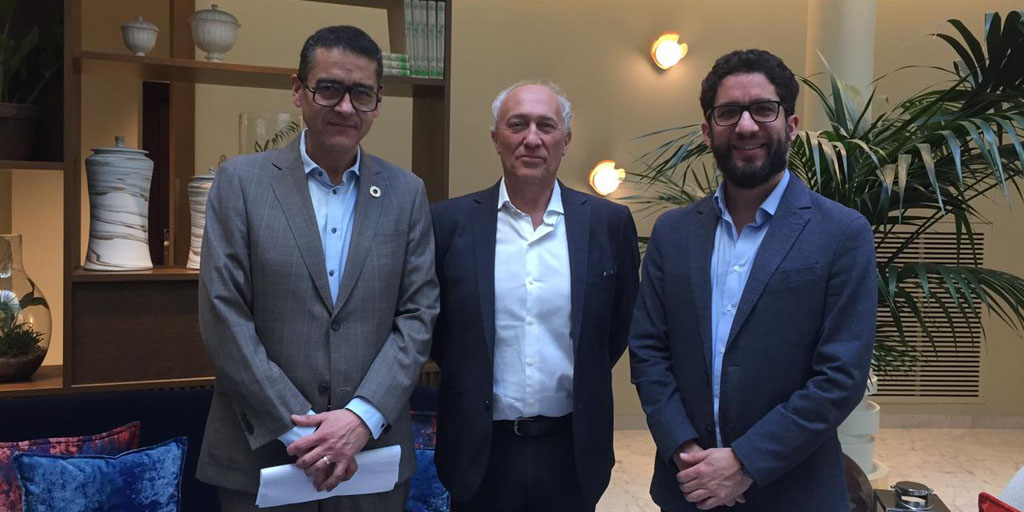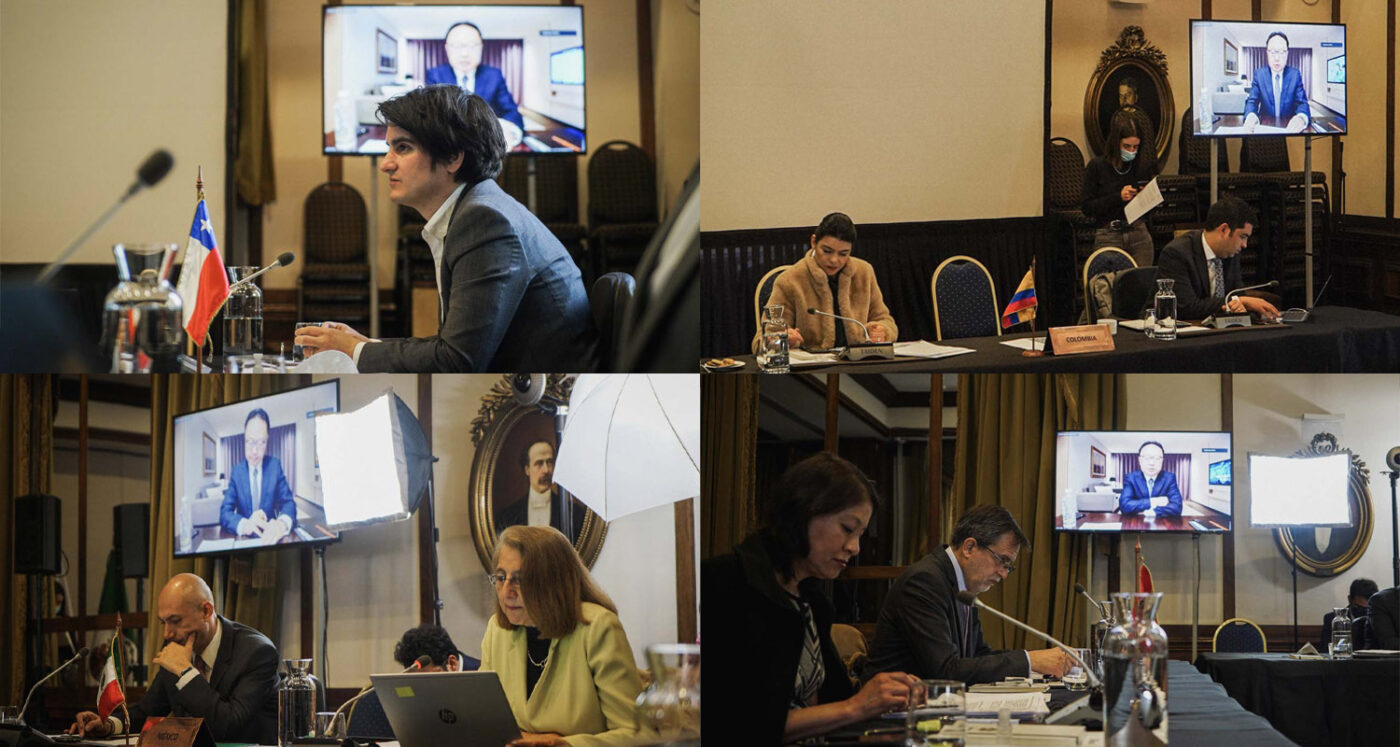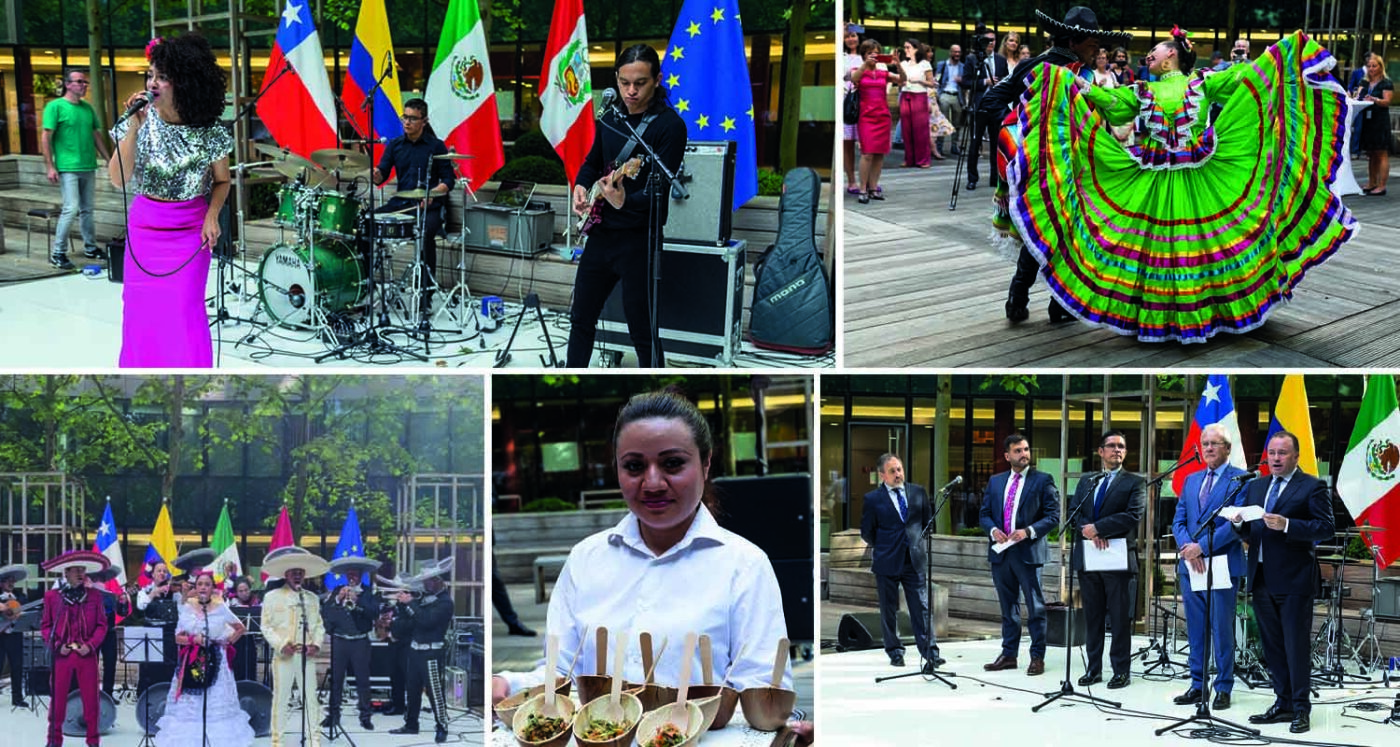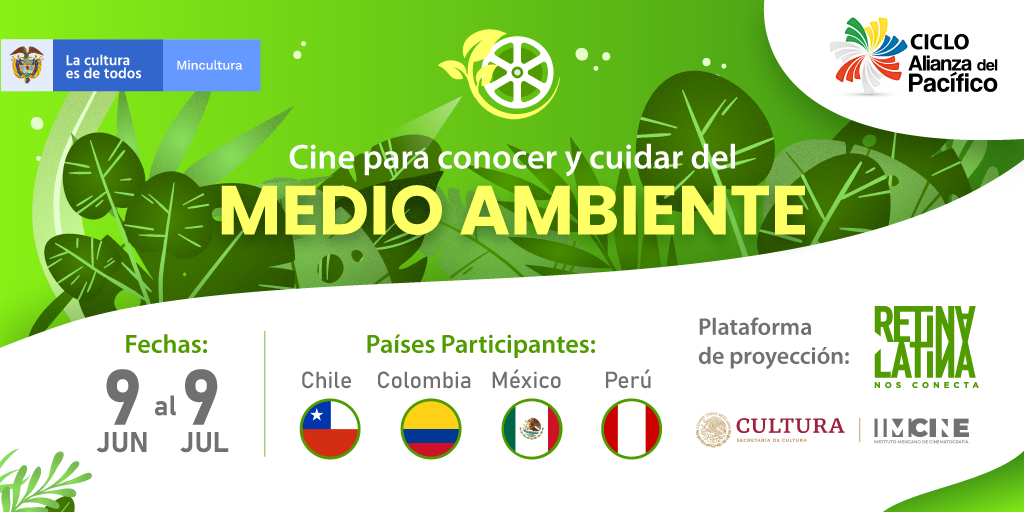Year after year, the member countries of the Pacific Alliance, through their promotion agencies ProChile, ProColombia, the Ministry of Economy of Mexico and PromPerú, seek to promote and endorse trade relations with each other and with third markets.
As part of the iconic initiatives to promote exports in the region, the X Entrepreneurship and Innovation Forum of the Pacific Alliance LAB4+, which, in its 9 previous editions, has generated export opportunities for more than USD $70 million and investments for more than $100 million.
The main objective of the Forum is to promote service companies in the region by offering a virtual space in which business opportunities are generated, through one-on-one business meetings, between exporters and buyers of Technological Services, as well as between startups and investors. This year it is expected to have commercial meetings that benefit more than 150 companies from the prioritized sectors.
Likewise, the Forum seeks to position the Pacific Alliance as a regional integration mechanism that promotes entrepreneurship, innovation and trade in services, among its members, and with third countries. According to Endeavor Review, the block has currently received a significant amount of investment from Venture Capital. In 2021 alone, the Pacific Alliance was the destination of 6,158 million dollars from Venture Capital.
Regarding the raising of capital during 2021, in Chile FinTech had a representative increase of 30%; in Mexico FinTech represented 53%. In the case of Colombia, electronic commerce obtained 60%, while Peru was in EdTech with 58%.
This year, Entrepreneurship and Innovation Forum of the Pacific Alliance LAB4+ will focus on the promotion of technological services companies and startups from the bloc in the markets of the United States, Canada and the Pacific Alliance countries themselves. In addition, promoting the projection to the world with special emphasis on Asia, for the first time, the markets of Singapore and Korea were invited. These markets are among the top 15 service importers in the world and among the top 5 on the Asian continent.
Also new in this edition of the Lab4+ Forum is the promotion of the participation of women. According to a study on the Venture Capital Ecosystem in Latin America, “women are still underrepresented in the entrepreneurial ecosystem and are the ones who face the most barriers in terms of access to capital.”
For this reason, of the total number of places available for this X edition, 30% are reserved for companies and startups led by women.
The commercial component of the X Lab4+ Forum will be held from August 8 to 12. The prioritized sectors for the X edition are FinTech, HealthTech, AgriTech, EdTech and IT Services (Internet of Things, Artificial Intelligence, Blockchain, Virtual Reality, Augmented Reality, creative and cultural industries software).

